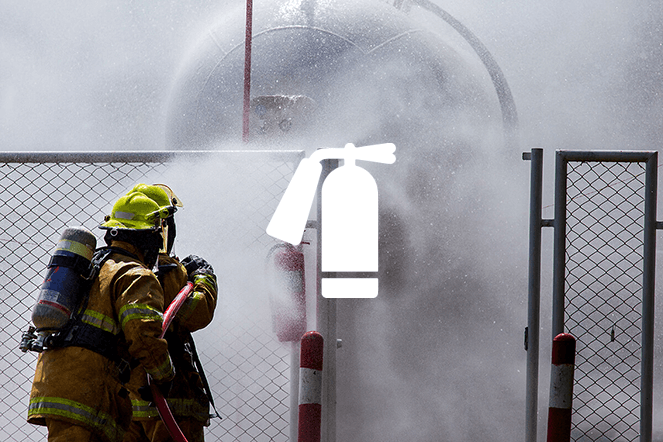This website uses cookies so that we can provide you with the best user experience possible. Cookie information is stored in your browser and performs functions such as recognising you when you return to our website and helping our team to understand which sections of the website you find most interesting and useful.

Cartiva Implant
The Cartiva Toe Implant lawsuit has brought to light serious concerns over the functionality and safety of a synthetic cartilage device designed to treat arthritis in the big toe. Reports of pain, subsequent surgeries, and other injuries due to premature implant failure have initiated an influx of lawsuits filed against the manufacturers.
The Cartiva Toe Implant lawsuit
It has brought to light serious concerns over the functionality and safety of a synthetic cartilage device designed to treat arthritis in the big toe. Reports of pain, subsequent surgeries, and other injuries due to premature implant failure have initiated an influx of lawsuits filed against the manufacturers.

The Cartiva Toe Implant is a synthetic cartilage device made from a material known as polyvinyl hydrogel, primarily used to treat arthritis in the big toe, a condition that affects over 2 million people in the U.S. Typically, the degradation of cartilage due to this arthritis leads to excruciating pain as bones start rubbing against each other. The Cartiva implant, a small cylindrical device inserted into the metatarsophalangeal joint in the toe, was developed as an alternative to the traditional fusion surgery (arthrodesis), aimed at mitigating this issue.
The manufacturers claim that the procedure, involving minimal removal of healthy tissue, is simple and results in minimal surgical trauma and a swift recovery period. Ideally, once the Cartiva implant is in place, it is supposed to replace the degraded cartilage, thus alleviating the painful bone-on-bone friction.
Unfortunately, the Cartiva implant has displayed a troublingly high failure rate as the implant often shrinks after being implanted, resulting in it becoming loose and migrating from its intended site. This can lead to severe pain, nerve damage, and subsequent surgeries to remove the Cartiva implant and to fuse the bones together. Furthermore, the implant has been linked to infections, implant fractures, osteolysis, bone overproduction, cysts, silastic granulomas, and other complications.

The root cause of this high failure rate appears to stem from the polyvinyl membrane gel (PVA), which the implants are made from. Although designed to mimic the properties of cartilage and to be biocompatible, in some patients, the PVA material degrades rapidly after implantation, causing shrinkage, loosening, and migration of the implant.
The Cartiva implant is manufactured and sold by Stryker, a Michigan-based international medical device, and healthcare company. It has been alleged that Stryker obtained FDA approval for the Cartiva implant through a pre-market-approval process by claiming the implant was “substantially equivalent” to the existing fusion surgery technique, effectively bypassing a full FDA review.
The plaintiffs allege that Stryker has deliberately concealed the high failure rate and risk of shrinkage and implant migration from the FDA and the public. The initial FDA approval was granted based on a single, relatively limited study, which reportedly understated the actual failure rate of the implants.
While the official warning label for the Cartiva implant indicates a 13.5% failure rate, subsequent studies suggest that the actual rate of failure may be much higher, with some reporting failure rates as high as 64%. Stryker has been accused of failing to report these higher failure rates to the FDA, nor taking any action to recall the Cartiva implant, despite being aware of the high failure rates.
For law firms and legal professionals, the Cartiva Toe Implant lawsuit presents an intricate case that intertwines alleged corporate negligence, complex medical, and scientific issues. It also brings to light the potential loopholes in the FDA approval process and the ethical responsibilities of manufacturers towards their consumers. The case will likely go through pre-trial motions, discovery, potential settlement discussions, and possibly a trial, each phase bringing new challenges and needing comprehensive monitoring for any developments.
Understanding the magnitude of the Cartiva Toe Implant lawsuit is essential for all stakeholders. The litigation’s outcome could significantly impact Stryker’s reputation and financial health. With a large number of lawsuits already filed and many more expected, this case could eventually consolidate into a class-action MD. It’s crucial for everyone to closely monitor the developments of this lawsuit as it may have implications for Stryker’s future prospects and overall impact on the market.
Get in Touch
Unable to locate the lawsuit that piques your interest? We are here to assist you.
Our firm acknowledges the dynamic nature of mass tort lawsuits. As new cases surface each day, keeping abreast of this ever-changing landscape can indeed be demanding. That is where our expertise comes in. Even if you can't immediately find the lawsuit you're interested in on our website, please be assured that we may still be able to assist you. We maintain an extensive network of qualified claimants across a wide range of lawsuits, which may not be readily visible on our platform.
For further exploration, we cordially invite you to engage with our dedicated sales team. They are prepared to comprehend your requirements and assist you in locating the most suitable claimants for your specific lawsuit.
Initiate the connection today. The claimants you are seeking may be just a single click away.
 386-867-8397
386-867-8397








